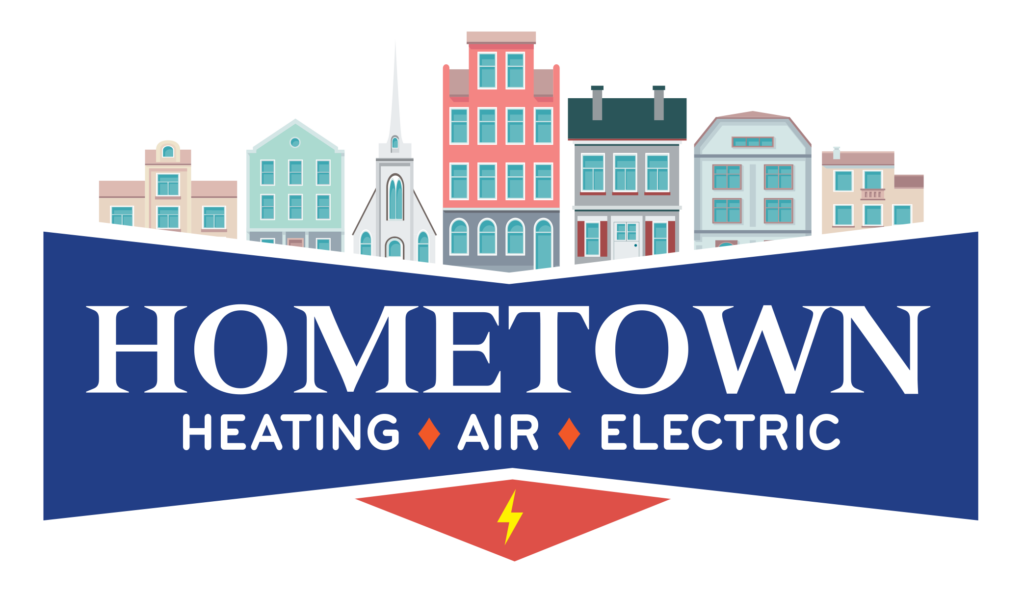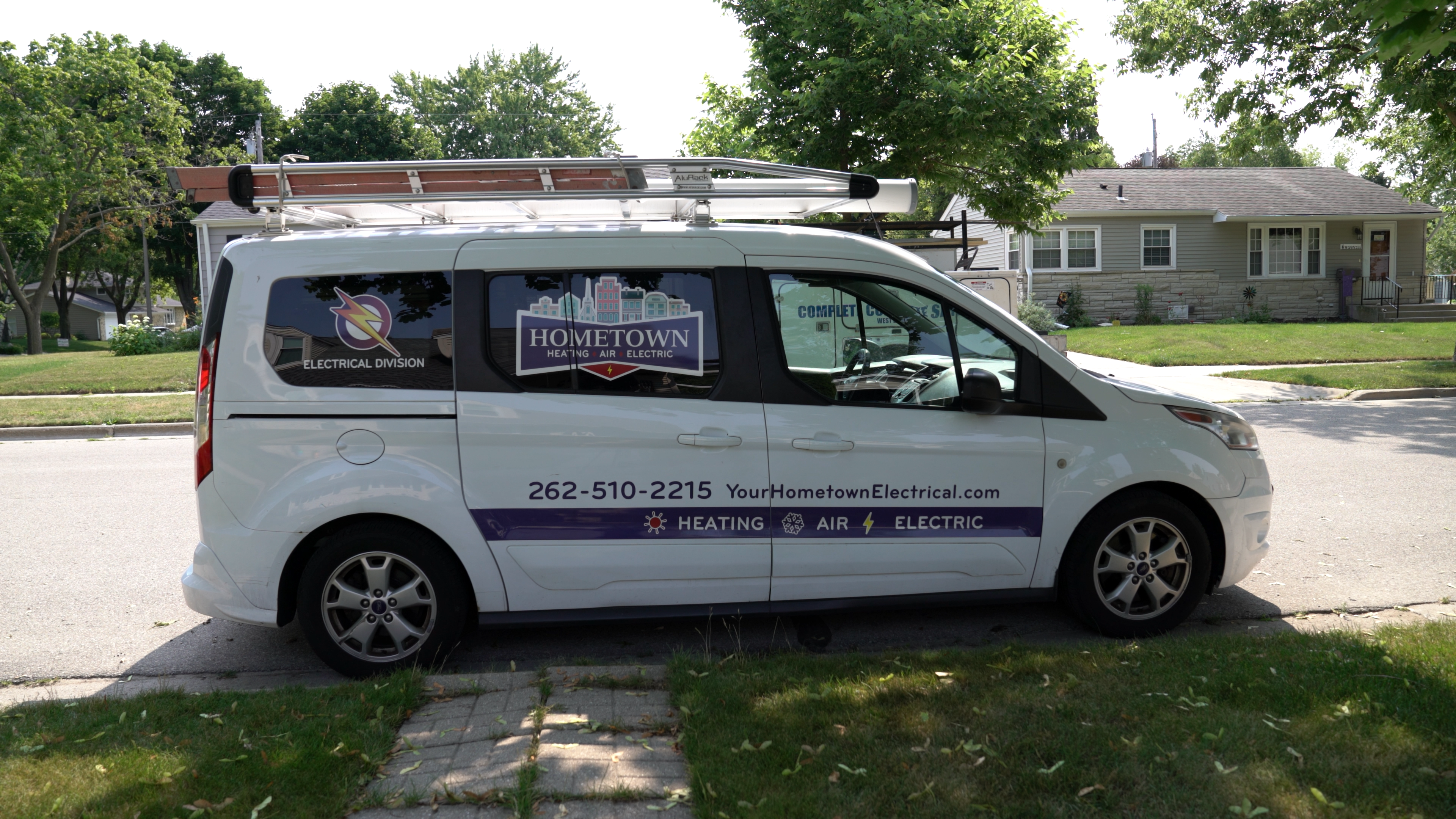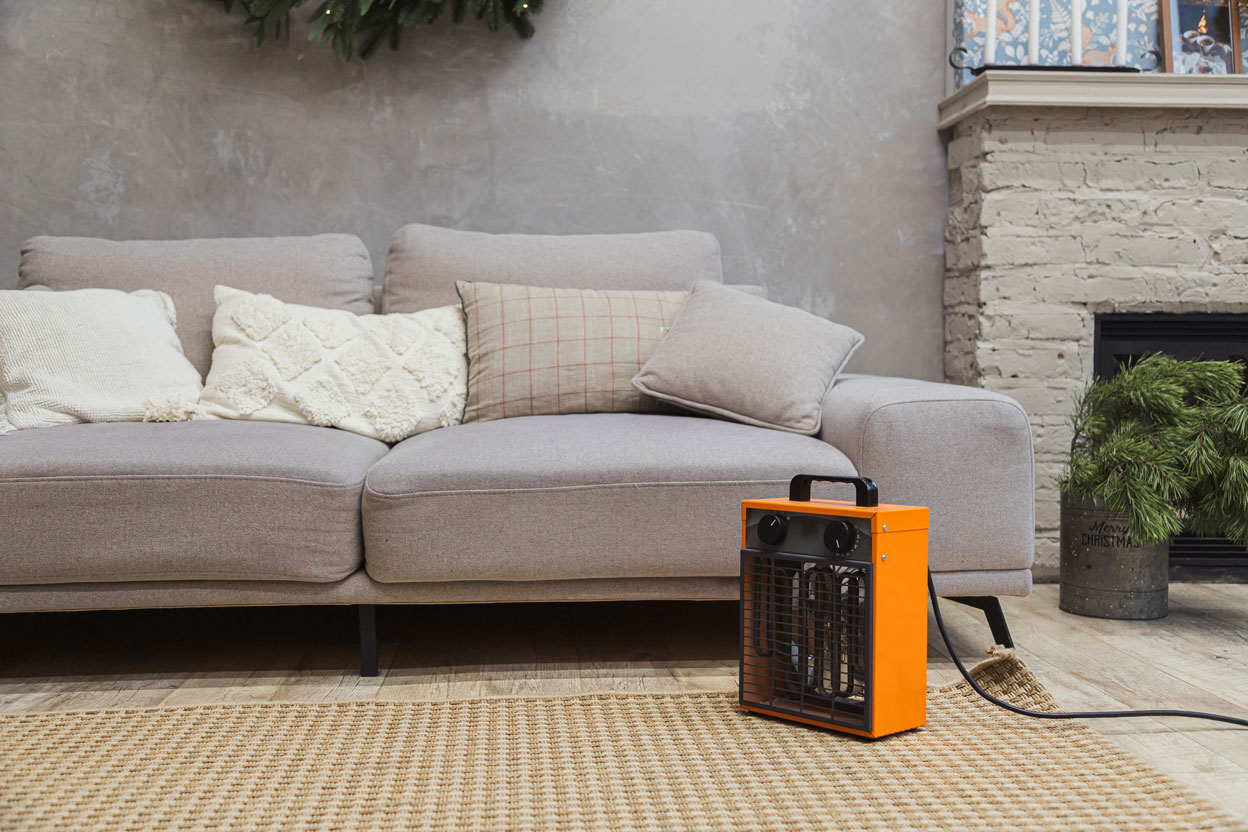Carbon monoxide (CO) poisoning is a silent menace that can infiltrate your home without warning, posing a grave threat to your family’s safety. Understanding the risks of CO poisoning is essential to prevent this potential hazard. HVAC maintenance plays a pivotal role in keeping your home CO-free, and we’re here to shed light on the importance of this critical aspect.
This post will define carbon monoxide poisoning, delve into the risks associated with it, and explain how HVAC maintenance can mitigate this potentially lethal threat.
How to Guard Your Home Against the Silent Threat of Carbon Monoxide Poisoning
Read on to learn how you can protect against your home from CO poisoning:
1. Understanding Carbon Monoxide Poisoning
Carbon monoxide is an odorless, colorless gas that can be produced in your home when fuels like natural gas, oil, wood, or propane are not burned completely. Common household appliances can become sources of CO when they are inadequately maintained or malfunction. Some examples of these appliances include the following:
- Furnaces
- Water heaters
- Fireplaces
- Gas stoves
The gas can escape into your living space, silently putting your family’s safety at risk.
2. Considering the Risks
The insidious nature of CO poisoning lies in its initial flu-like symptoms. Understanding what these symptoms may look like can be helpful in identifying a carbon monoxide leak. Some of the primary symptoms may include:
- Headaches
- Dizziness
- Nausea
- Confusion
- Shortness of breath
Prolonged exposure to elevated CO levels can lead to severe health complications, and in extreme cases, it can be fatal. Tragically, the invisible nature of this gas often means that its presence goes undetected until it’s too late.
3. Preventing CO Poisoning
One of the most effective ways to safeguard your home and family from the dangers of CO poisoning is through regular HVAC maintenance. Our certified technicians can inspect and service your heating systems, ensuring they operate safely and efficiently. This includes checking for leaks, ensuring proper ventilation, and addressing any issues that could potentially release CO into your living space.
Additionally, installing carbon monoxide detectors is a crucial preventive measure. These devices emit an alarm when they detect elevated CO levels, serving as an early warning system for your safety.
To protect your loved ones from this silent threat, it’s imperative to schedule routine HVAC maintenance. At Hometown Heating, Air & Electric, we’re dedicated to keeping your heating systems in top condition and ensuring your home remains a safe, CO-free environment. Take proactive measures to protect your home and health, and don’t wait until disaster strikes.
If you have any questions about carbon monoxide poisoning and how to prevent it, please contact us. We’re ready to help!


